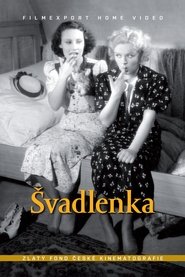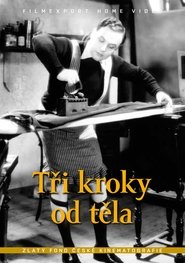detail profile julius ba c5 a5ha
Peran Yang Di Mainkan Julius Baťha
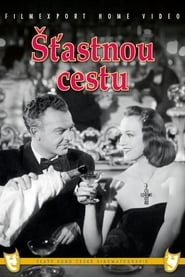 Filmed during the Nazi occupation this...
Filmed during the Nazi occupation this...Happy Journey 1943
Filmed during the Nazi occupation, this panoramic drama set in a Prague department store follows the divergent destinies of four female coworkers, each of whom seeks happiness in a different way.
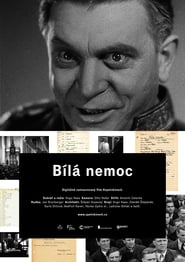 In a country whose people have...
In a country whose people have...The White Disease 1937
In a country whose people have just been successfully persuaded of their superiority and the justification for military expansion by the fiery speeches of a dictator, the bacillus of a highly destructive form of leprosy has spread. It is called morbus Tshengi, or popularly „white disease“. The only one who has developed an effective cure for it is a physician of the poor named Galén. But he refuses to reveal the secret of his cure as long as the powerful destroy human lives through wars.
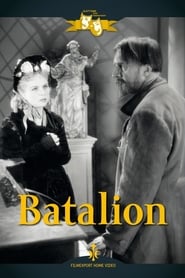 Attorney Frantiek Uher is known for...
Attorney Frantiek Uher is known for...Battalion 1937
Attorney František Uher is known for his patriotic mindset and active assistance in disputes between the Czechs and the Austrian justice system. One of his clients is the poet Šulc, who, while staying with Uhry, discovers that the lawyer's wife Anna is flirting with Uhry's cousin Hojer. When Anna does not respond to Šulc's warning, the poet draws attention to Anna's relationship with Uhra. Uher wants to know the truth, so he returns early from a business trip and actually catches Anna cheating. Disappointment brings him to the "Batalion" pub in Old Prague, where Šulc also used to go some time ago. Here, Uher becomes a mentor to the poorest, but gradually falls into alcoholism. He once again finds strength and stands on the side of justice when he accuses the police in court of murdering poor Lojzík, who wanted to marry the unfortunate waitress from "Battalion" Mimi. After appearing in court, Uher is arrested and "Battalion" is closed. After his release, Uher becomes an organist...
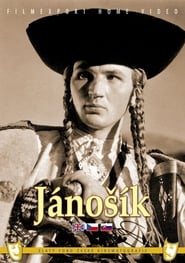 Jnok has been topic of many...
Jnok has been topic of many...Jánošík 1936
Jánošík has been topic of many Slovak and Polish legends, books and films. According to the legend, he robbed nobles and gave the loot to the poor. The legend were also known in neighboring Silesia, the Margraviate of Moravia and later spread to the Kingdom of Bohemia. The actual robber had little to do with the modern legend, whose content partly reflects the ubiquitous folk myths of a hero taking from the rich and giving to the poor. However, the legend was also shaped in important ways by the activists and writers in the 19th century when Jánošík became the key highwayman character in stories that spread in the north counties of the Kingdom of Hungary (present Slovakia) and among the local Gorals and Polish tourists in the Podhale region north of the Tatras.

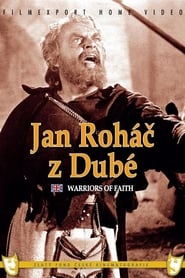 Czech history movie
Czech history movie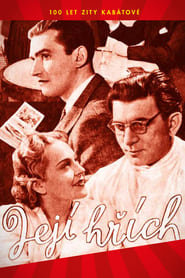
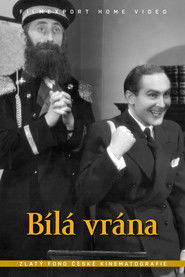
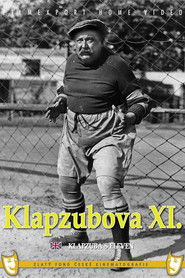
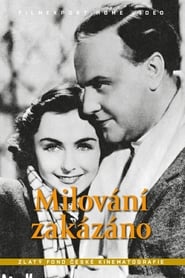
 Film about famous poet Karel Hynek...
Film about famous poet Karel Hynek...